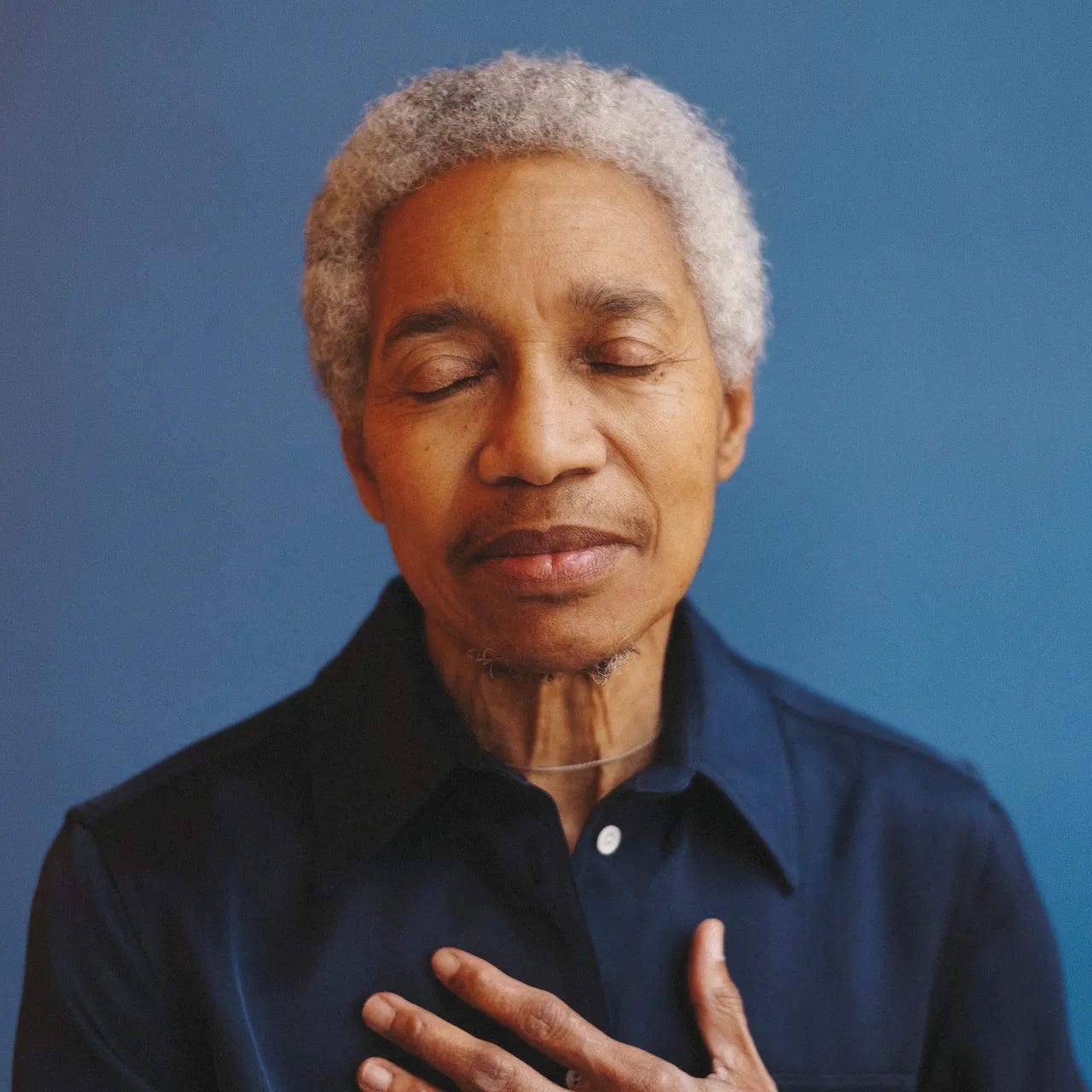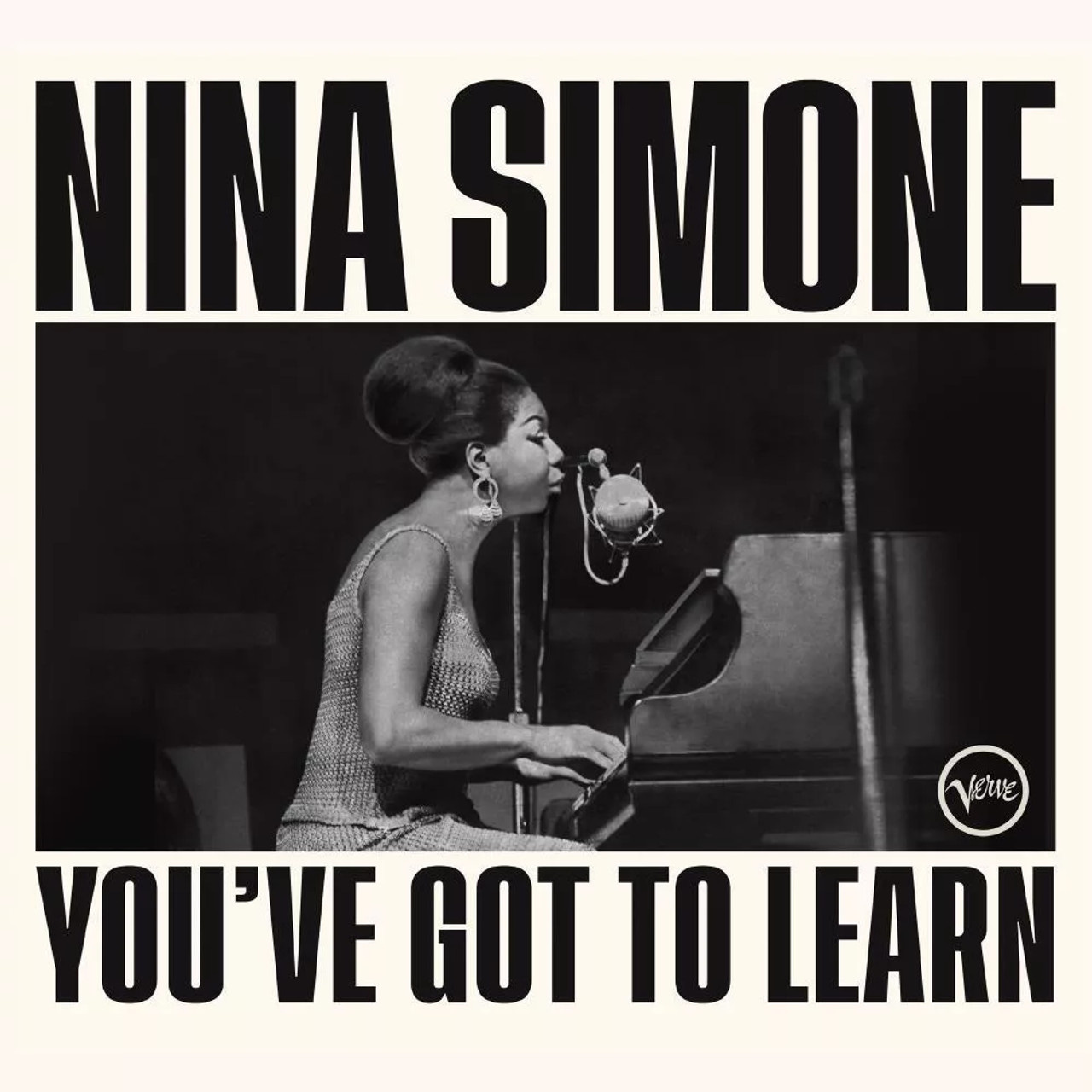Adventures in Listening, August 9, 2023: Midlife Crises, Late-Life Triumphs
Blur returns with an elegiac album about getting older. And, Beverly Glenn-Copeland continues his late-in-life renaissance with typical guilelessness and candor.
Blur - The Ballad of Darren
Damon Albarn was barely 25 when he wrote the songs on Parklife, the seminal Blur album from 1994— yet even then he was obsessed with characters who felt like they were stuck in a rut, their best days behind them. It was inevitable that middle age would suit him, and sure enough, Albarn’s gotten the band back together some 30 years later for a moody and elegiac exploration of lost youth and inescapable doldrums. There are a good many ways in which The Ballad of Darren differs from Parklife, starting with its subdued sound: Though much has been made from Albarn’s reunion with estranged guitarist Graham Coxon, there’s really only one song here that crackles with the old Britpop energy, a spiky and profane guitar-rocker called “St. Charles Square.” The remaining songs rest in the band’s easy chemistry and Albarn’s mastery of melody, so while this may be a dialed-down Blur it nevertheless sounds majestic— never more so than on the beautiful crescendos of “Goodbye Albert,” an album highlight. It helps that they’ve brought in James Ford, Albarn’s longtime Gorillaz partner, who provides sparkling electronic textures that never distract from the group’s interplay. Of course, the Gorillaz have always belonged to the world— their music is proudly international— while Blur is one of the most distinctly British of bands; the songs on Parklife were awash in local history and pride, but The Ballad of Darren mostly sands over detailed character sketches in favor of more insular songs about mortality and romantic failure. (Or, in the case of “Russian Strings,” about the folly of Vladimir Putin.) Of course, one could argue that the beautiful gloom and sadsack majesty of these songs is itself very British in flavor— or that the entire point here is how time and disappointment are no respecters of nationality or geography. All told, I wouldn’t call this an essential Blur album, but if it’s the last we ever hear from them, it will serve as a beautiful and fitting coda.
Beverly Glenn-Copeland - The Ones Ahead
I can’t imagine the kinds of cultural recalcitrance Beverly Glenn-Copeland has faced as a Black transgender man. For that matter, I can’t imagine the sheer baffling joy he must have experienced when his forgotten 1986 opus Keyboard Fantasies was suddenly rediscovered decades later, providing an unexpected, late-in-life renaissance. Close to 80 now, Glenn-Copeland emanates utter sanguinity on The Ones Ahead, a typically calming, straightforwardly beautiful collection of ambient, New Age, and adult contemporary recordings. Take any given song on its own and it might seem a little cheesy— consider the earnestness of his environmental anthem “Stand,” the renfaire flutes and panpipes in “Prince Caspian’s Dream,” the Graceland-by-way-of-The-Lion-King drums in “Africa Calling.” But taken as a whole, these songs offer a fairly irresistible, uncommonly moving portrait of an artist whose guilelessness and sincerity have weathered a thousand setbacks. There’s certainly nothing false about “Harbour,” a nakedly affectionate hymn to his wife Elizabeth ("Don’t you know that you’re the quest my heart was seeking?”). And there’s no cheese to be found in his rich, carefully-controlled voice, foregrounded like it never was on his previous records. We live in an anxious age, but Glenn-Copeland has lived through more tribulations than most— and on The Ones Ahead, he offers a balm of intimacy, beauty, and quiet, never sounding forced for being so hard-won.
Nina Simone - You’ve Got to Learn
This may seem like a crazy thing to say about a long-forgotten live set, scarcely 32 minutes in length— but I think You’ve Got to Learn offers a fairly comprehensive survey of everything that made Nine Simone great. It spotlights Nina the fiery, deep-in-the-pocket instrumentalist; the uniquely expressive singer; the crack bandleader; the song synthesist and Civil Rights icon. Want to hear the masterful way she mines musical theater for maximum nuance and emotional acuity? Here’s a stellar take on “I Loves You Porgy,” one of her standards. How about the way she harnesses the crackling energy of her band for an aching, down-and-dirty blues? “Blues for Mama” is a revelation. Nobody’s ever been better at pairing jaunty tunes with tart expressions of heartache, as she does here on “You’ve Got to Learn.” And then there’s “Mississippi Goddam,” her legendary showtune-in-search-of-a-show, raging against the violence being visited on Black bodies— slowed down a bit from the more widely-anthologized version, but no less pungent and no less resonant because of it. I’d include this terrific set, along with Anthology and Sings the Blues, in my Nina Simone core curriculum.
David Murray, ?uestlove, and Ray Angry - Plumb
It’s been almost a decade since The Roots released a new album— but at least ?uestlove has made time to team with sax virtuoso David Murray and keyboard whiz Ray Angry for this two-hour odyssey into atmosphere, texture, and groove. I’m not even sure if this intense instrumental collection qualifies as a proper album— somehow it feels too unwieldy, though rumor has it a four-LP box set is coming early next year—but it does feel like a coherent body of work, its 14 songs united by an exploratory spirit that reminds me a little of the free-form sessions Miles Davis led in the 1960s. The songs are more or less evenly split between more brooding, ponderous fare and adventurous funk, and long-time readers will find it unsurprising that I have a strong preference for the latter. If you want to sample something— and I use “sample” loosely, since this is a 13-minute track— check “Intro to Ninno/ Ninno,” a calypso-inspired number where Murray (truly the set’s MVP) alternates between romantic melody lines and raging skronk, and where Angry shows off his playful side on piano, organ, and synths. Pressed for time? The helpfully-titled “5 Minute Joint” is a breezy reminder of ?uestlove’s propensity for swing. Keep going into the trilogy of “False Dawn,” “Love,” and “Light” to hear each musician get a solo showcase— a reminder of the three very distinct personalities who come together for this demanding but ultimately rewarding collection.








